
Will pumpkin help a dog pass obstruction?
When a dog that is usually lively and active suddenly loses its appetite, becomes listless, or even vomits frequently, every pet owner will be worried that it is intestinal obstruction, a "health killer".
When a young puppy stumbles into the house with its wobbly steps, its adorable appearance can instantly melt one's heart, and it becomes the beloved pet of the family. However, besides the overwhelming joy, pet owners also worry a great deal about the puppy's health. One crucial question among them is: what is the best age to vaccinate a young puppy? This question not only concerns the puppy's current health but is also closely linked to its ability to thrive in the future.
When a puppy is first born into this world, its immune system is like an unfinished castle, still very vulnerable and unable to resist the invasion of external pathogens on its own. When they were in their mother's womb, puppies obtained some antibodies from their mother through the placenta. These maternal antibodies are like the initial guards of the castle, providing a certain degree of protection for the puppies against diseases. However, the protection provided by maternal antibodies is not a long-term solution. As the puppy grows older, the level of these antibodies gradually decreases. It's just like the guards losing their strength over time.
Generally speaking, when a puppy is 6 to 8 weeks old, it is time to consider giving the first vaccination. At this time, the interference of maternal antibodies with the effectiveness of the vaccine is relatively small, and the puppy's own immune system also begins to gradually develop its "combat power" and is able to respond effectively to the vaccine. The first vaccination is like a "challenge letter" sent to the puppy's immune system, enabling it to start learning to recognize and fight against external pathogens. The common first vaccination for puppies is usually a combined vaccine, such as a quadrivalent vaccine, which can prevent four diseases that pose a great threat to the life and health of puppies: canine distemper, canine parvovirus disease, infectious canine hepatitis, and canine parainfluenza. When we take our puppy to the pet hospital for the first vaccination and see it getting pricked by the needle, we can't help but feel a little distressed. But we know that this is an important step that must be taken for its healthy growth in the future.
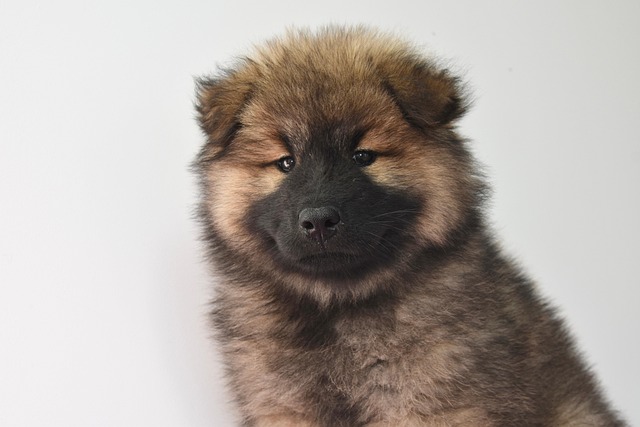 Two to four weeks after the first vaccination, the puppy needs to receive the second vaccination. This second vaccination is like an "intensive training" for the immune system. After the first vaccination, the puppy's immune system has a preliminary understanding of the pathogens, but it is not deep or strong enough. The second vaccination can further stimulate the immune system to produce more and more effective antibodies, just like adding more and stronger defensive facilities to the castle. Moreover, as the puppy grows older, its activity range expands, and the chances of coming into contact with external pathogens increase. At this time, getting the second vaccination in a timely manner can better protect the puppy. When we take the puppy to get vaccinated again and see it curiously looking around in the hospital, full of energy, we will look forward even more to the comprehensive protection that the vaccine can provide for it.
Two to four weeks after the first vaccination, the puppy needs to receive the second vaccination. This second vaccination is like an "intensive training" for the immune system. After the first vaccination, the puppy's immune system has a preliminary understanding of the pathogens, but it is not deep or strong enough. The second vaccination can further stimulate the immune system to produce more and more effective antibodies, just like adding more and stronger defensive facilities to the castle. Moreover, as the puppy grows older, its activity range expands, and the chances of coming into contact with external pathogens increase. At this time, getting the second vaccination in a timely manner can better protect the puppy. When we take the puppy to get vaccinated again and see it curiously looking around in the hospital, full of energy, we will look forward even more to the comprehensive protection that the vaccine can provide for it.
The third vaccination is usually given when the puppy is 12 to 16 weeks old. This vaccination is equally crucial and is a "comprehensive reinforcement" of the puppy's immune system. After being stimulated by the first two vaccinations, the puppy's immune system has gradually matured, but it still needs this final reinforcement to ensure long-term and effective resistance against various pathogens. At this stage, the puppy has started to explore a broader world. Whether it's playing with other dogs in the neighborhood or running and frolicking on the grass, it may come into contact with hidden pathogens. And this third vaccination is like putting on an impenetrable suit of armor for the puppy, allowing it to play without fear of pathogen invasion.
So, why can't we vaccinate a puppy too early? If the vaccination is given when the puppy's maternal antibodies are still very strong, the maternal antibodies may have a neutralizing reaction with the antigens in the vaccine, resulting in the vaccine being unable to function. It's like two forces canceling each other out in the body, preventing the puppy's immune system from getting effective exercise. On the other hand, vaccinating too late also poses great risks. During the growth process of a puppy, once it is prematurely separated from the protection of maternal antibodies and doesn't receive the vaccination in a timely manner, it is like a castle without defenses, extremely vulnerable to the attack of pathogens. For example, during the stage when the puppy is 8 to 12 weeks old, if it hasn't been vaccinated yet and comes into contact with a dog suffering from canine distemper or canine parvovirus disease, the risk of infection is very high. And these diseases can be a fatal blow to a puppy. When we see a puppy around us getting sick and suffering from the pain because it didn't receive the vaccination in time, we will have a deeper understanding of the importance of grasping the best age for vaccination.
In addition to the regular combined vaccine, when the puppy is about 3 months old, it is also advisable to consider giving a rabies vaccination. Rabies is an extremely dangerous zoonotic disease. Once it breaks out, the mortality rate is almost 100%. Vaccinating the puppy against rabies is not only responsible for the puppy itself but also for the health of people around. When we take the puppy to get the rabies vaccination, a sense of responsibility will well up in our hearts, and we hope that with this injection, we can add an extra layer of safety protection for both the puppy and the world around it.
The best age for vaccinating a puppy is based on scientific evidence and strict time schedules. Starting from 6 to 8 weeks old, the combined vaccine is given successively, and then the rabies vaccine is given when the puppy is about 3 months old. Each vaccination carries our earnest hope for the healthy growth of the puppy. In this process, we witness the puppy growing from being vulnerable to strong, and the vaccine is like a silent guardian, accompanying the puppy as it grows, allowing it to spend every beautiful day in a loving environment, healthy and happy.

When a dog that is usually lively and active suddenly loses its appetite, becomes listless, or even vomits frequently, every pet owner will be worried that it is intestinal obstruction, a "health killer".
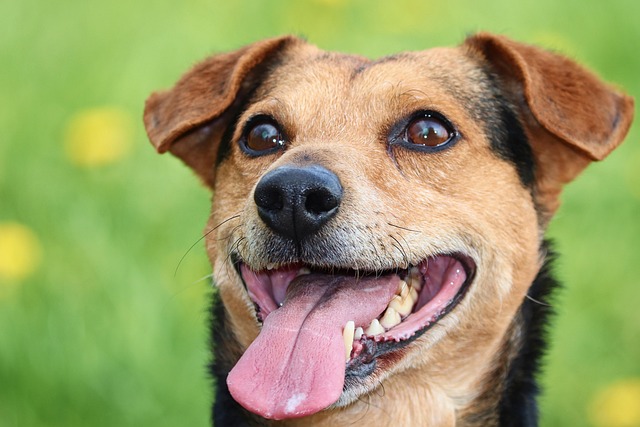
When we caress the furry ears of dogs and enjoy the warm moments of cuddling up with each other, our hearts are filled with happiness.
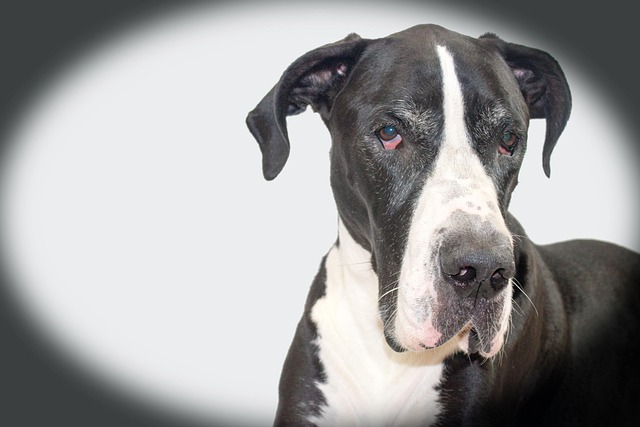
When we see the dog frequently shaking its head, scratching its ears, and even having red and swollen ears with an unpleasant smell,
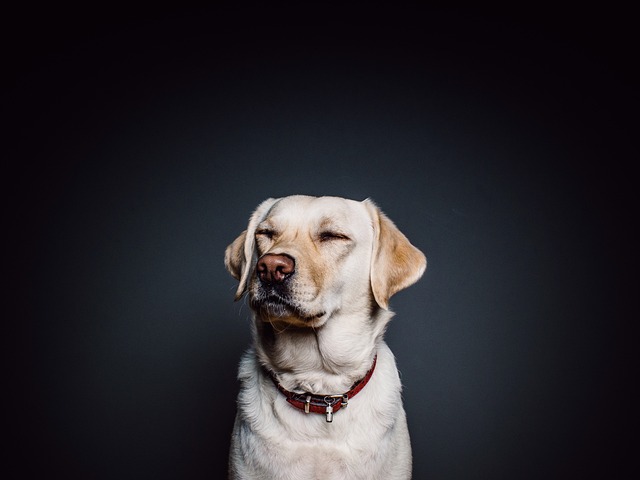
When we pick up the scissors and prepare to trim the hair of our furry babies at home, we are full of expectations and a little nervous. Looking at the trusting eyes of the dogs, we all hope to create a comfortable and beautiful look for them.
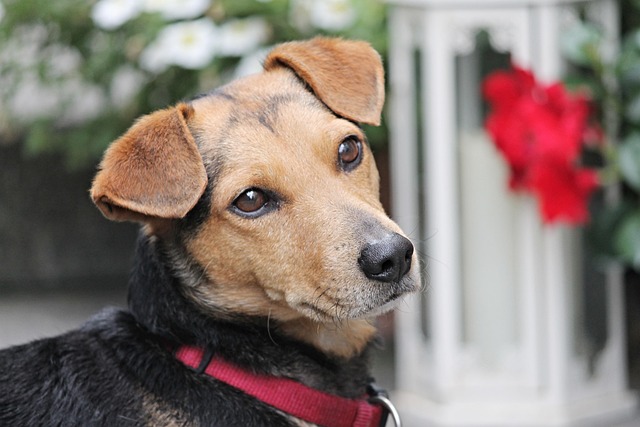
When the dog was found squatting in the corner, struggling hard but unable to excrete feces, its lively eyes were filled with discomfort and helplessness,
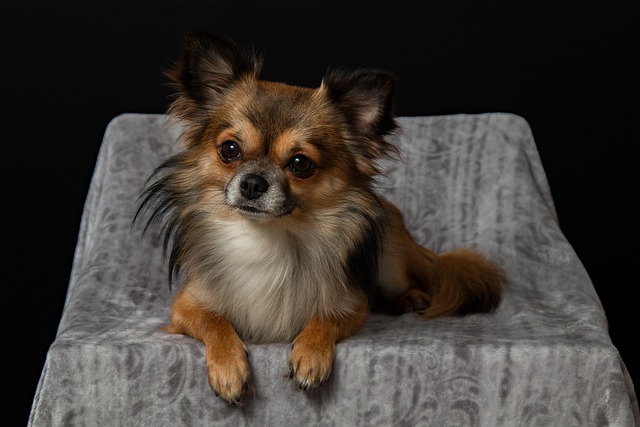
Watching the dog lying weakly on the ground due to diarrhea and vomiting, with its originally lively eyes losing their luster, every owner's heart feels as if it's being tightly gripped.